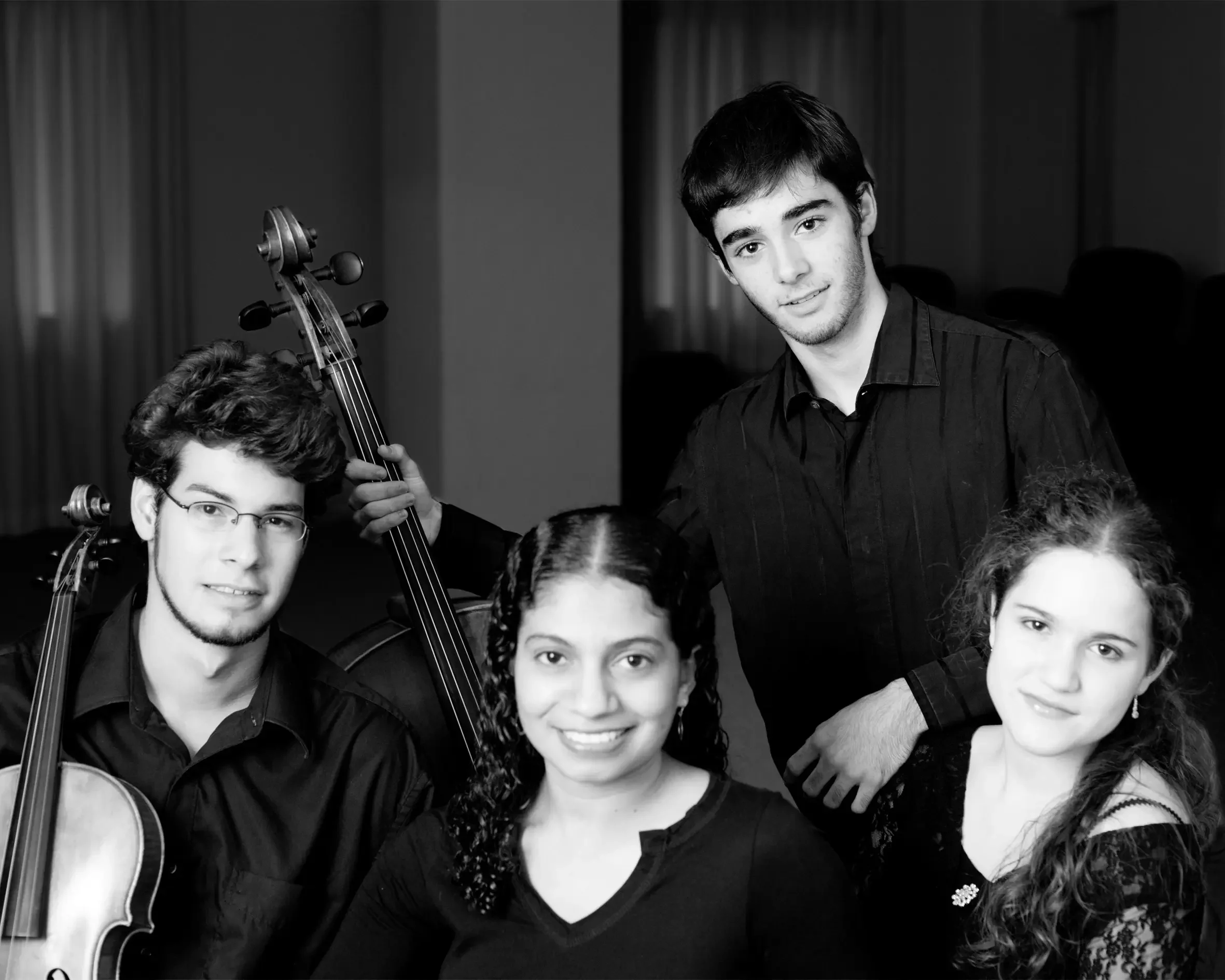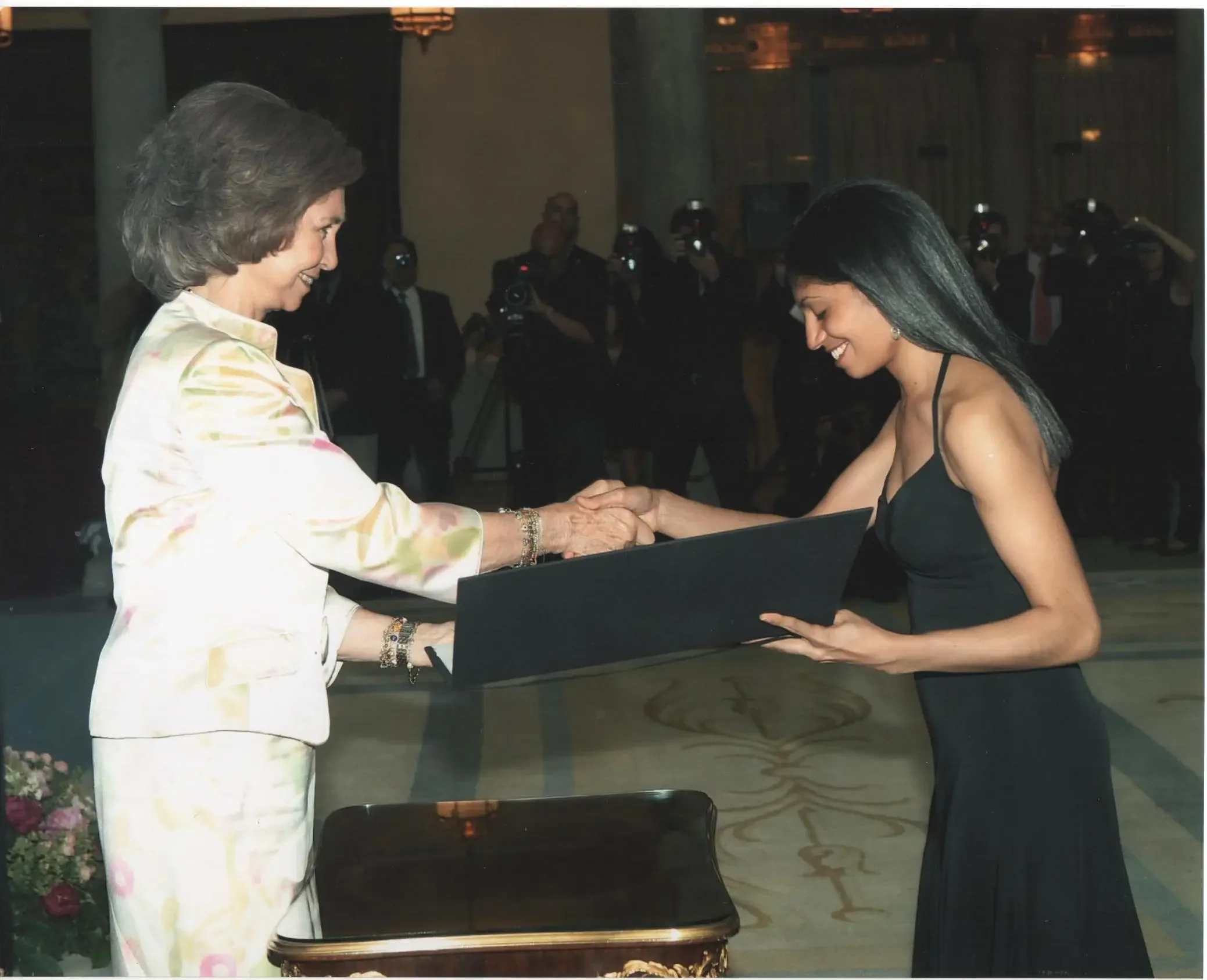Spain: A Year of Growth
Part I
Reflecting on my time in Spain is a challenging task. The memories of that period are deeply intertwined with personal struggles and triumphs, making it difficult to approach this chapter of my life with complete objectivity. However, this reflection is essential to honor the experiences that shaped my journey and to share the impact of that transformative year.
My adventure began when I was awarded a scholarship from the Fundación Carolina to study at the Escuela Superior de Música Reina Sofía. This prestigious institution, known for its selectivity and personalized approach, was an ideal setting for young musicians aiming to refine their craft. The process of securing a place at this distinguished school was grueling. I had to travel to Spain on my own dime, pay for airfare and lodging, and compete in an audition that lasted a mere 15-20 minutes. In that brief time, I had to prove my worthiness to join the ranks of this elite institution.
Arriving in Spain, I was fortunate to have the support of my Costa Rican friend Jose Pablo Solís. We were both entering the same year at the school and leaned on each other for personal and professional support, making the transition smoother and more manageable.
Beautiful view from the practice rooms in Pozuelo de Alarcón
Escuela Superior de Música Reina Sofía, Madrid
My first year at the Reina Sofía School was a period of profound growth and discovery. The school, at that time, was a private and highly selective institution, attracting some of the finest teachers and soloists from Europe. I had the privilege of studying under the renowned violinist Rainer Schmidt, who also taught chamber music at the school. From the outset, Schmidt's classes felt otherworldly. His approach to teaching was not only technically demanding but also deeply musical, offering insights that felt like revelations.
One of the most memorable aspects of this year was the opportunity to be part of a string quartet under Schmidt’s guidance. This quartet was a remarkable ensemble, featuring Alma Olite, who is now a professor at the Superior Conservatory of Madrid, Miguel Ercolino, a violist who has since become a conductor; and Pablo Ferrández, an internationally acclaimed cellist. The synergy within our group felt like a serendipitous gift.
Schubert String Quartet 2006-2007
Alma Olite, violin
Nelly Guevara, violin
Miguel Ercolino, viola
Pablo Ferrández, cello
Our first quartet classes were an exhilarating experience. We tackled Beethoven's Quartet Op. 18, No. 4 in C minor, and for me, this was a novel and exciting challenge. Although I had played in a quartet before in Costa Rica, receiving dedicated instruction from a member of the acclaimed Hagen Quartet was akin to a child’s delight at Disneyland. Schmidt taught us how to listen attentively, identify thematic material, and create a cohesive musical expression.
The rehearsals were both challenging and rewarding. We navigated the complexities of ensemble playing, dealing with issues like group tuning and interpreting passages where our opinions diverged. Voting on disagreements led to moments of tension, but it ultimately fostered a democratic and collaborative spirit within the group. By the end of the course, our hard work paid off when we were honored as the most outstanding quartet of the year, receiving a diploma from Her Majesty Queen Sofia of Spain at the closing ceremonies held at the Royal Palace of El Pardo.
Receiving the award for Best String Quartet from Her Majesty Queen Sofia
2007-2009 academic year closing ceremony—a moment of immense pride and recognition
Once again, I had the opportunity to represent my country, receiving an honorary award now on another continent, the European one. It was a great satisfaction for me and my colleagues that our efforts, which were truly a pleasure, were recognized.
In contrast to my achievements in chamber music, my solo violin journey that year was challenging. My classmates were 5-10 years younger than me and played with impressive virtuosity. Although I didn't know their backgrounds, I suspected they had rigorous training from a very young age and grew up in environments that nurtured their high level of skill. This made my progress feel frustratingly slow. Despite dedicating many hours to practice and sacrificing much of my social life, I struggled to reach their level. It seemed as though I was going backward instead of advancing.
However, looking back, I understand the importance of that period. Although it was painful and affected my self-esteem, those challenging classes taught me resilience and the value of perseverance. Everything happens for a reason, and while it was difficult to comprehend at the time, I am now grateful for those experiences. They opened my eyes to the importance of striving to always give my best, regardless of the obstacles.
First violin exam in Madrid.
Auditorio Caja Madrid.
This experience in Spain was more than just an educational opportunity; it was a profound chapter of personal and professional growth. The lessons learned, the friendships forged, and the achievements earned during that year continue to influence and inspire me. As I look back, I am filled with gratitude for the support and guidance that made this journey possible and for the invaluable experiences that will remain with me for a lifetime.
In my next post, I will tell you about my second stage in Madrid, a period that was one of the most difficult on a personal level due to the loss of a very close family member. I will share how I had to come to terms with this loss and find the strength to overcome the challenges that followed.


